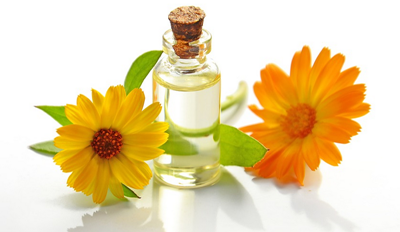
The European Commission (EC) notified the World Trade Organization (WTO) on February 11, 2022, of a draft amendment to the Regulation (EC) No 1223/2009 of the European Parliament and of the Council regarding the use of certain nanomaterials in cosmetics products. The EC states that the amendment is required to enact the prohibition to use in cosmetic products certain nanomaterials for which the Scientific Committee on Consumer Safety (SCCS) identified a basis of concern. The draft amendment would revise Annex II to the Regulation (EC) No 1223/2009 of the European Parliament and of the Council (list of substances prohibited in cosmetic products) to implement uniformly within the internal market the prohibition to use the nanomaterials for which a basis of concern has been identified.
These nanomaterials are:
- Styrene/Acrylates Copolymer
- Sodium Styrene/Acrylates Copolymer
- Copper
- Colloidal Copper
- Hydroxyapatite
- Gold
- Colloidal Gold
- Gold Thioethylamino Hyaluronic Acid
- Acetyl heptapeptide-9 Colloidal Gold
- Platinum
- Colloidal Platinum
- Acetyl Tetrapeptide-17 Colloidal Platinum
The adoption of this draft Regulation is needed to ensure a high level of protection of human health for cosmetic products in the EU.
Proposed date of adoption: 3rd quarter 2022
Proposed date of entry into force: 20 days from publication in the Official Journal of the EU.
The 12 raw materials involved in the draft, only Styrene/Acrylates Copolymer, Sodium Styrene/Acrylates Copolymer, Copper, Hydroxyapatite, Gold, Platinum, Colloidal Platinum have been included in the IECIC in China. According to China's current cosmetics rules, for nano materials, the nano level should be indicated on the registered or filed formula. Children’s products generally do not be allowed to use raw materials of nanotechnology. If there are no alternative raw materials, the reasons shall be explained, and the safety should be evaluated when used in children's cosmetics.
Due to the size characteristics and different physiochemical properties, surface and biological properties from traditional raw materials, the safety of nano-raw materials is of great concern. It is mentioned on the Safety and Technical Standards for Cosmetics that safety risk assessment is required for cosmetics to ensure that they are not harmful to human health under normal, reasonable and predictable use conditions. The purpose of Technical Guidelines for Cosmetics Safety Assessment is also for the safety of cosmetic raw materials. Therefore, enterprises should fully consider the safety of nano materials when using them in cosmetics. At present, there is no comprehensive safety management regulation for nano materials used in cosmetics in China yet.
If you have any needso questions, please contact us at service@cirs-group.com.

